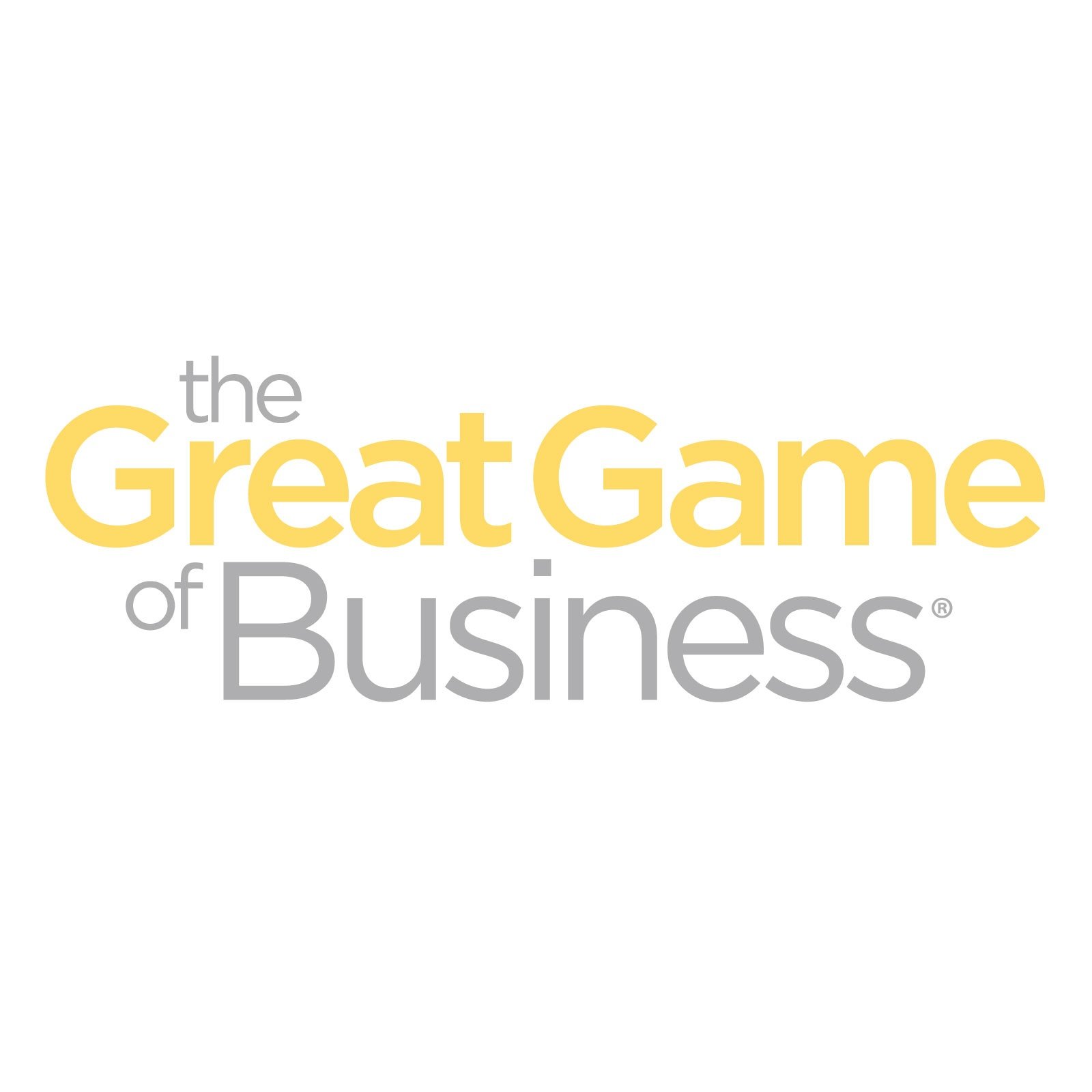We hear it all the time. So much, in fact, that we made it the tag line for the "Experience It" portion of the Great Game® process. Open-book management might sound like common sense, but let's be honest, the fastest way to make any project go haywire is to assume it's too simple to mess up. As a victim of the 'do-it-yourself' complex, I've learned the hard way that sometimes there are tasks that aren't quite as easy as they look (specifically anything that involves a blow torch or a chainsaw).
Thankfully, open-book management doesn't require the aforementioned tools of doom, but it certainly isn't a quick and easy fix. To paraphrase one of our favorite Jack Stack quotes, some people think that 'if they open the books, doves and rainbows will fly out of them.'
While seeing doves and rainbows sound like a possible outcome if you are on some sort of hallucinogenic, the fact is, that opening the books is a process; a process that's simple, it's just not easy.
Almost everyone who has tried opening the books has probably encountered this lack of simplicity firsthand. So to you OBM pros out there, please share: What is the one thing you wish you would have known/done when your company started playing The Game?
.png)







.png)




-5.png)

